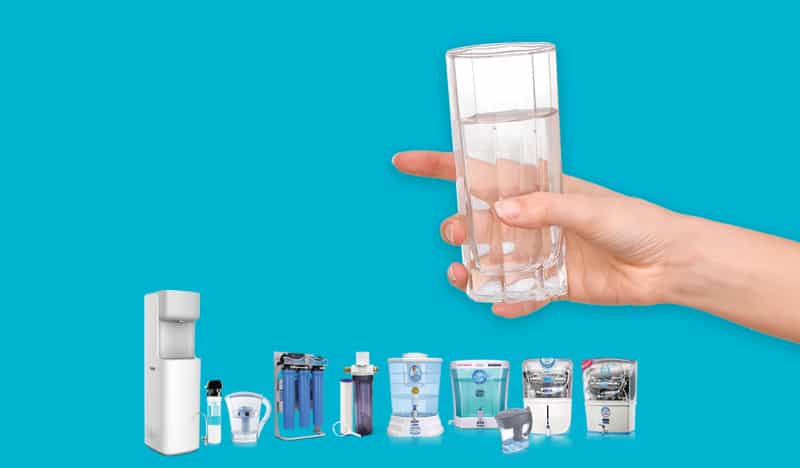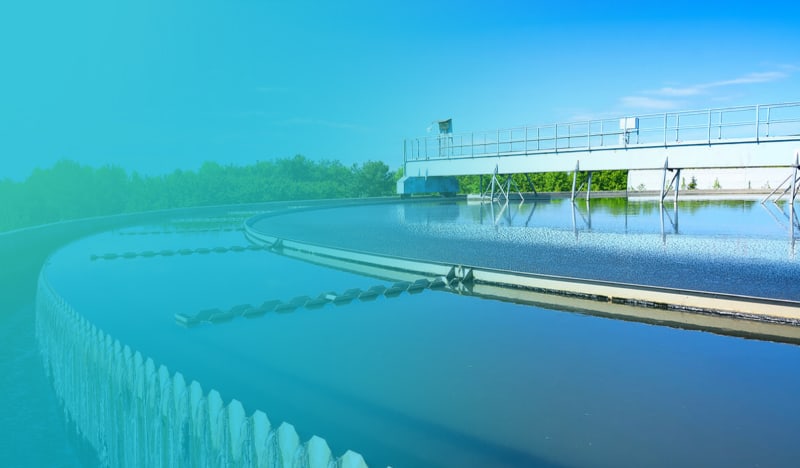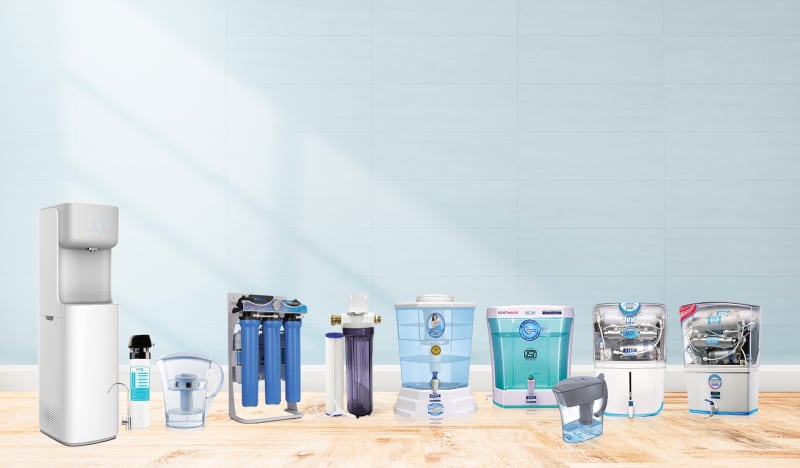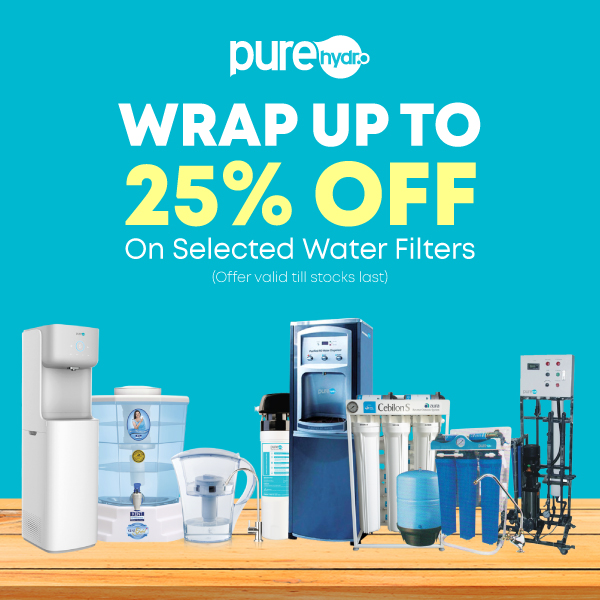Humans have relied on water purification techniques to prevent waterborne diseases from ancient times. From boiling water to the first household water filter made out of charcoal, we have invented new ways to tackle this issue. Now, we have ample evidence that these household techniques don’t help improve water quality for daily use. And with the rising pollution and public health issues, it’s becoming more and more apparent why we need to purchase a water purifier system for our household.
A good water purifier will ensure it filters out all the excess salts, toxic metals, suspended particles and microbes while retaining essential minerals and making water more refreshing to drink. Unfortunately, it is challenging to know which filtration system works best and the necessary quality standards, with different claims and specifications. This article will discuss five things you should consider when purchasing a water filter/water purifier.
Research on the quality of your water supply.
Drinking water should be suitable for human consumption and all other domestic purposes, but water quality varies in different locations. Before you choose a water filtration system, you need to evaluate the drinking-water quality of your specific area. Usually, the water’s chemical and physical components (i.e. the colour, odour, turbidity, and taste) can give you a picture of its quality. But it’s always best to check in with your local water filtration unit to get a clear picture of its content.
There is a clear distinction between water quality from different sources, influenced by the ecosystem, the extent of water and other pollution, and seasonal weather in the surrounding area. That is why it’s better to invest in your filtration system to ensure the water quality is safe for consumption.
Learn about the purification process and technology
Water filters have different techniques. Moreover, the technology used in them decides the quality of water purification. Generally, they are broken into four main categories or processes, but there are several techniques of water filtration systems. Some of them are,
- Sediment Filtration
- Activated Carbon Block (ACB) Filtration
- Granular Activated Carbon (GAC) Filtration
- Reverse Osmosis (RO) Filtration
- Ultraviolet (UV) Disinfection
- Ultrafiltration (UF)
Most filters combine two or more technologies to make them more household-friendly. Moreover, it is not advisable to rely on any single purification technology because they all have different functions, pros and cons. For instance, these are the functions of these filters.
- RO filters everything, even bacteria, viruses, salts, harmful metals and TDS (Total Dissolved Solids). It needs electricity and high water pressure to pump water, thus causing a lot of energy and water wastage.
- UV paralyses bacteria and viruses but doesn’t filter TDS, salts or harmful metals. It needs electricity and works with regular tap water pressure.
- UF filters bacteria and viruses but doesn’t filter TDS, salts or harmful metals. It doesn’t need electricity but works with regular tap water pressure.
With a multi-stage purification system, a typical Sri Lankan household can have the best water filtration system they need and conserve energy better.
Look out for a reliable company and certified products.
Before making your investment, research the quality standard and certification the company you purchase your filtration system has. Inquire about general questions like the company’s longevity to testimonials from past clients to make a better decision.
The most coveted certification within the product manufacturing and management industry is the ISO certification. They help consumers seek water treatment products that have been tested and certified to industry standards. Moreover, you can also check in with the Ministry of Health department. They have rigorous testing requirements of industry and health standards to pass their audits and help you purchase products with high-quality standards.
Think about your needs and requirements for a filter.
Once you know what’s the best company to purchase from, choose a filter that best suits your needs. Different water filters have different functions. Some filters can help make your water taste and look better, and in contrast, others can remove good and toxic substances from your water, while improving water’s physical and visual elements such as sediment, turbidity, taste, odour, and hardness.
Moreover, you can look into the preference of your family members. Think about the daily usage, quantity and purpose of your water supply and the water filtration system. Do you need a filter to purify the entire water supply in the building, or is it just for your domestic usage in the kitchen and dining area? This would help you filter your choices to buy the best fit for your family.
Factor in your purchasing budget and maintenance cost
Before you make your final decision, take matters like price limit, installation charges, equipment rental charges and maintenance fees of the filtration system into account. Additionally, you can take your monthly electricity usage and bills into account too.
In the long term, it would help you if you don’t miss maintenance due to budget constraints. Because that wouldn’t give you the clean water you want for your household while making you pay more due to cloggings and new installations. Be mindful of your capacity before you make the final call.
Final Thoughts
In conclusion, to find the suitable filtered water systems for your family, focus on the one that meets the full range of your household needs (according to the water quality, budget and requirements).
PureHydro is here to provide your family with easy access to better, cleaner water with our high-quality water purification technologies. With various affordable water treatment solutions to suit your water quality and purpose, we will help you find the best, most reliable product for your home.



